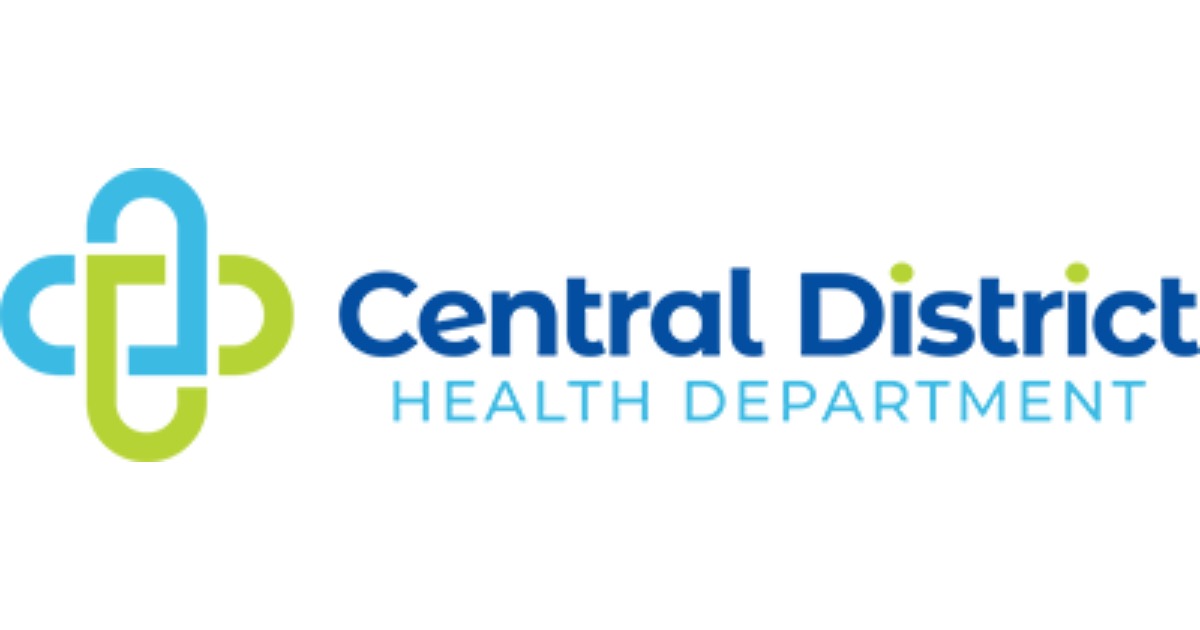Residents Urged to be Cautious During Flood Cleanup

The recent rain event has left the area with some potential flooding issues. If you have experienced flooding in or around your home, you need to be alert to some possible health hazards.
If you have water in your basement or ground floor, be alert to electrical hazards. Never enter standing water in which there is a plugged-in electrical appliance. If you must enter that area, turn off the electrical supply to that area (only if that electrical breaker panel is in a dry location) prior to stepping into water or onto damp surfaces.
Mold can grow within 24-48 hours of flooding in the home. Mold can worsen respiratory problems like asthma and can cause allergic reactions. If your home experiences flooding, you need to completely dry the area within 48 hours. Pull back carpeting and upholstery to allow for total drying. Hard surfaces can be cleaned with detergent and sanitized with a solution of no more than 1 cup of bleach per gallon of water (never mix any other household cleaners with bleach).
Do not allow your children to play in flood waters. Flooding can overload septic systems, leading to raw sewage being released into surface water. If you must enter flood waters, thoroughly wash your skin and clothing as soon as possible.
Flood conditions also pose a serious threat to the safety of drinking water supplies. Area residents and businesses with flooded private drinking water wells or with changes in taste, smell or cloudiness in their drinking water may be at risk of consuming contaminated water. If you suspect your drinking water supply was contaminated, drink only commercially bottled, boiled, or treated water until your well can be tested and found safe. The only way to know that your drinking water well has been contaminated with bacteria is to test it.
To test the safety of your drinking water, test kits may be picked up at the Central District Health Department located at 1137 S. Locust St, Grand Island, NE. or they can be mailed on request. For questions about safe drinking water or to request a test kit, you can contact the health department at 308-385-5175.
